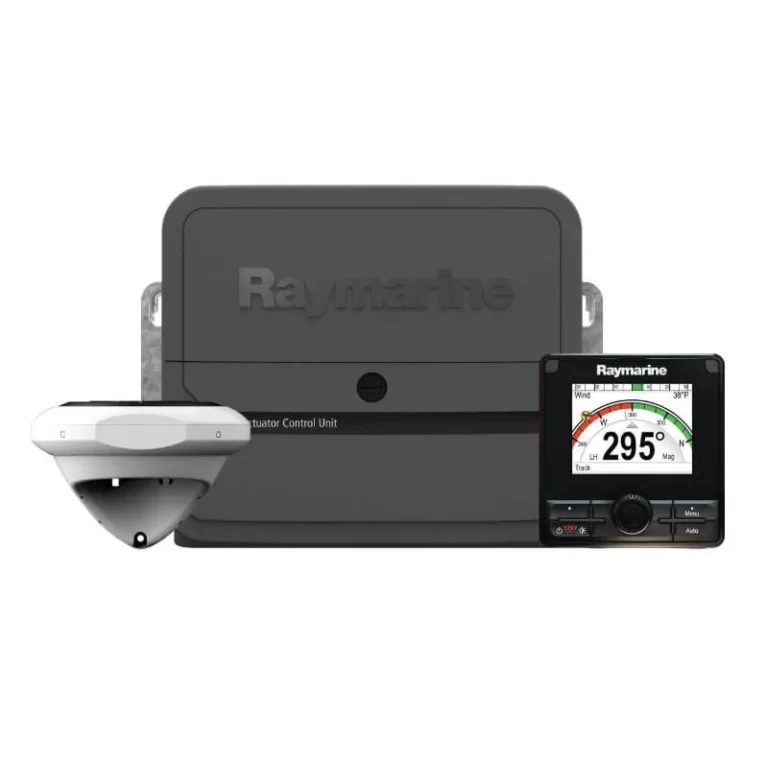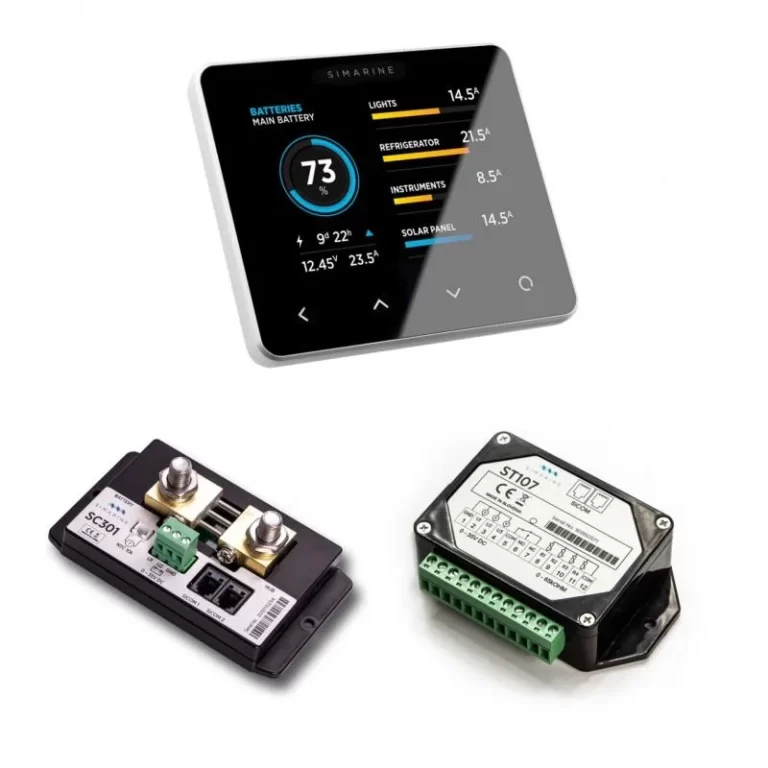Lithium batteries are becoming more and more popular as boat batteries in the maritime sector to supply all types of boats, yachts and ships with energy. The task of a boat battery is usually an even, constant delivery of electricity.
It supplies power to all power devices on board in different ways.
As a fully-fledged replacement for a lead-acid battery, the lithium battery has the typical characteristics of a consumer battery. The decisive advantages play an important role in the use of lithium batteries.
1. Replaces a conventional battery
With the new lithium battery technology, lead, gel or AGM batteries can be replaced quickly and easily.
2. Higher capacity DoD (Degree of Discharge)
The degree of discharge of a lithium battery is up to 90%, which means that if you fully charge your Perfectium lithium battery, you can enjoy at least 90% when you use (discharge) it. With a lead acid battery, the discharge is only 50%-70%. In addition, the BMS prevents harmful deep discharge in the lithium battery.
3. Lighter weight and smaller size
The capacity of a 100Ah lithium battery is sometimes equivalent to two 100Ah lead-acid batteries. Not to mention the weight: 13 kg versus 30 kg.
Having a lithium battery in a boat also saves you space.
4. Partial Charge Tolerance
Partial charge is extremely bad for lead-acid batteries, but it is the ideal charging mode for the Perfectium LiFePO4 batteries. This charging method not only helps the lithium batteries to reduce the number of charge cycles, but also allows more flexibility for the user scenarios.
You can charge your Perfectium Lithium battery whenever you want. 90%, 80%, 50%, 20%… And you don’t have to worry about damaging your battery. When charged to 100%, the intelligent BMS will automatically stop the charging process to protect your perfectium lithium battery from overcharging.
5. High cycle stability
Perfectium lithium battery has more than 4500 charge cycles. The service life will easily be more than 8~10 years.
6. Built-in BMS
A battery management system monitors and controls the individual cells of a battery and protects them from damage.
Important functions of a battery management system include: overload protection, deep discharge protection, overvoltage protection, active cell balancing, charge monitoring and control, temperature protection of the cells, temperature protection of the BMS, and short-circuit protection.
Finally: Since lithium batteries do not contain lead or acid, they are environmentally friendly and recyclable.




